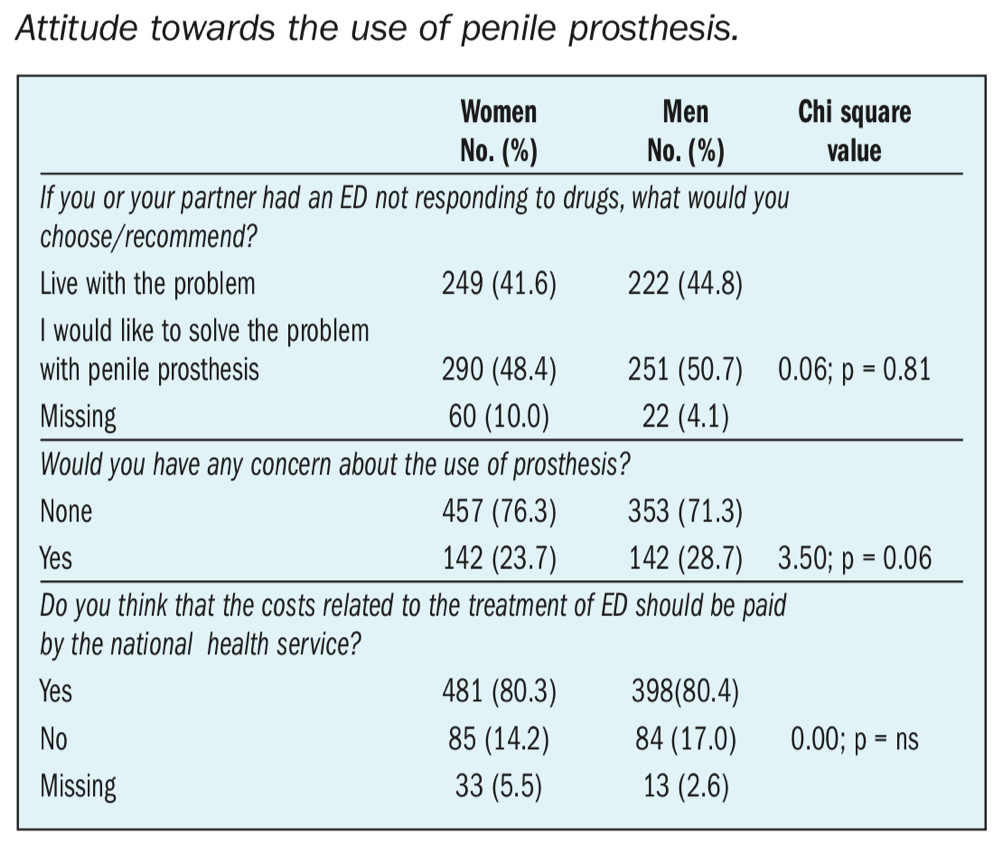APCCC Interview Transcript Video ID: 1534 – Oliver Sartor
Charles Ryan: Hello from APCCC 2019. I’m delighted to be joined by Oliver Sartor. Welcome, Oliver. An old friend of mine from many years, many conversations here and today we’re going to talk about the VISION trial, which is a really interesting new approach to advanced prostate cancer. You’re one of the co-PIs of the […]

